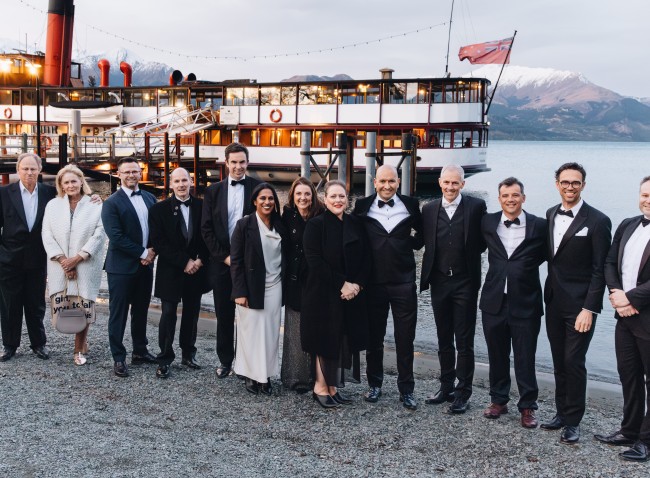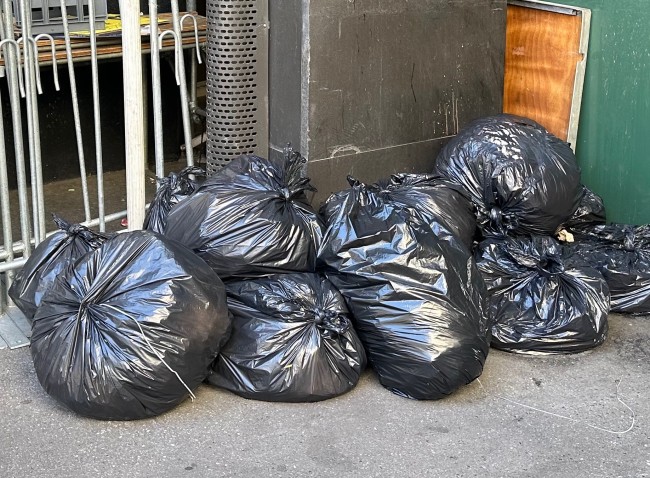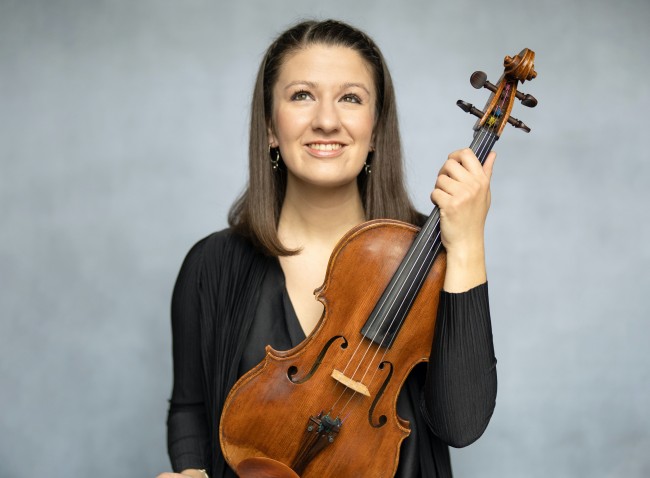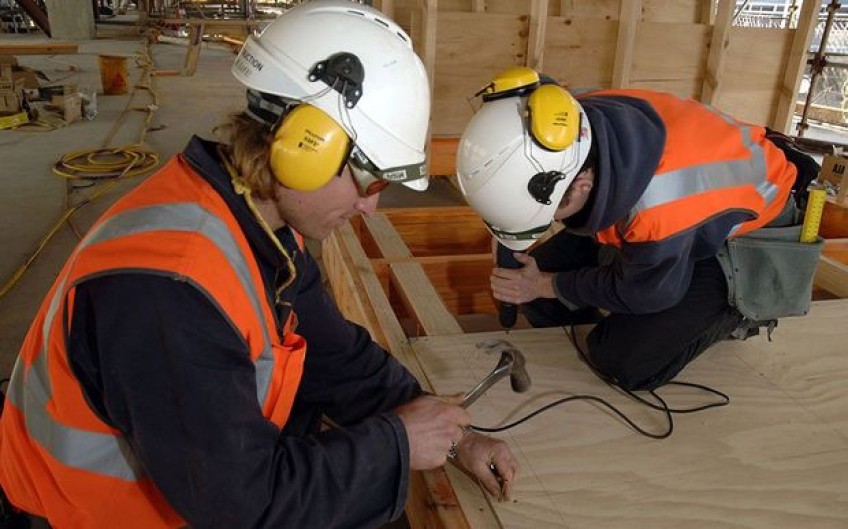
Hunting, hospo and trades - hearing loss preventable, expert says
 Despite making a living out of helping people suffering hearing loss, audiologist Simon Melville’s still passionate about preventing it in the first place.
Despite making a living out of helping people suffering hearing loss, audiologist Simon Melville’s still passionate about preventing it in the first place.
“It still surprises me that it’s 2022 and we’re still seeing lots of people coming in with noise-induced hearing loss.”

'It still surprises me that it's 2022 and we're still seeing lots of people coming in with noise-induced hearing loss': Audiologist Simon Melville.
He’s the managing director and senior audiologist at Audiology South, where they’re on a mission to educate people that protection is better than correction.
“Especially in our neck of the woods, where you’ve got lots of hunters, and hospitality and construction workers.”
A general shake-up of health and safety regulations in workplaces has seen improvements in the care workers take to protect their hearing, but some attitudes are harder to shift.
“You have the older guys still in the workforce after decades and they think ‘well, my hearing’s already buggered, so why bother?’. They’re not always good role models for the younger guys coming through.”
Mr Melville enjoys going for a hunt himself, so he knows firsthand ear muffs and other types of ear protection aren’t always practical or a priority up in the hills.
“I get the conundrum you’re in – you need to rely on your senses to hunt. As soon as you put your earmuffs on you feel closed off.”
But, there are products available for shooters at hunting and outdoors shops, and hunters can get smarter about how they protect themselves, depending on the context, he says.
Firing multiple rounds at a shooting range to sight in a rifle, pack the ear muffs; in the back blocks stalking deer and relying on one good shot, lesser protection may do the job.
“Something is better than nothing.”
Another group at obvious risk is hospitality workers – bar staff, DJs, and musicians.
“They’re in an enclosed space, for long stretches, with loud music.”
There’s speciality hearing protection that works well in these situations, because they allow the wearer to still hear some of what’s going on around them, he says.
“A DJ or a musician, they need to hear their music and enjoy it along with their patrons, but if they want to make a career out of it, they need to be careful.”
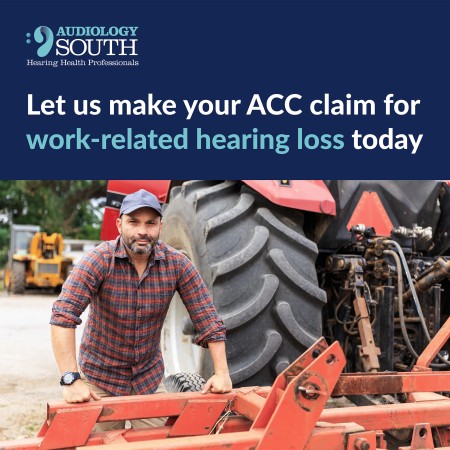
The time for 'she'll be right' attitudes towards hearing-loss prevention in the trades are over, a local audiologist says.
There’s a concept in audiology known as noise dosage – an individual can only take so much loud noise before it can be damaging.
“People who sit at a quiet desk all week, they have some room to play with outside of work.
“But our tradies and our farmers, for example, they’ve had their noise dosage during the working week....at the weekend, they’re way more at risk of noise damage.”
From next week, new regulations will allow audiologists around the country to better assist patients suffering hearing loss that is covered by ACC.
“Up until now, it’s been quite bitsy.”
Patients needed to go to a doctor, then often be referred to a specialist, before on to an audiologist to be fitted for hearing aids and the like.
The new system lets audiologists lodge an ACC claim for a patient, no back-and-forth between healthcare providers needed.
“They’ve finally realised a patient-friendly pathway is appropriate.”
There is, however, one catch people need to be aware of in the ACC process, Mr Melville says.
ACC will cover costs for work-related hearing loss in New Zealand but not recreational.
“If you go shooting in the back-blocks and get really bad tinnitus, you’re not covered. But if I’m skiing and break my leg, I am.
Either way, Mr Melville says things can be done to improve hearing loss and quality of life.
“Whether your a farmer whose hearing has eroded through a working life constantly on a tractor or from letting a few rounds off during duck-shooting.
“Why not do something about it now?
“We can give a lot of advice.”
Right now, Audiology South is offering a “test-drive” of an innovative new hearing aid called Life, which is waterproof and able to deal with sweat and swimming. Who says electronics and water can’t mix?










